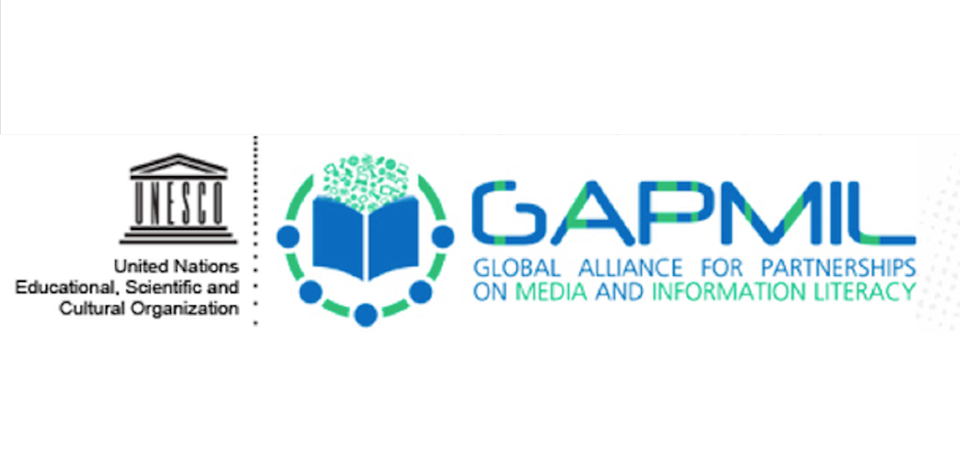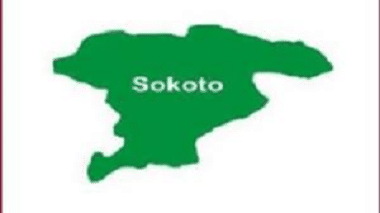GAPMIL announces 14 ambassadors to facilitate media literacy globally

The Global Alliance for Partnerships on Media and Information Literacy (GAPMIL), has selected 14 ambassadors from 11 countries across 5 regions of the world to promote media and information literacy globally.

In a statement by GAPMIL, the selected ambassadors will work to improve accountability in governance, citizenship and freedom of expression; access to information and knowledge for all citizens.
READ ALSO UNESCO, Coalition seeks inclusion of Media Literacy curriculum in Nigerian tertiary Institutions
Other task to be carried out by the ambassadors include development of media, libraries, education, teaching, and learning.
They will also improve professional development in their respective countries, as part of efforts to promote international cooperation to ensure that all citizens have access to media and information literacy competencies.
The selected ambassadors are; Akintunde Babatunde (Nigeria), Bushra Ebadi (Canada), Mohammad Asad (Jordan Amman), Arulselvi A. (India), Nikolao Moulos (Greece) Abdul Mustafazade (Azerbaijan), Muhammed Foboi (Liberia) and Mariami Gangniashvili (Georgia).
Others include; Jerome Roodsam (Haiti), Henry Boniface (Tanzania) Beatrice Bonami (Brazil) and Dhammaratna Jawale (India).
According to GAPMIL report, technological advancement and explosion of content creation in the media requires a robust platform for information sharing especially among youths globally.
“The pioneering initiative was launched in 2013 and is now being further developed in to the area of youth, through the establishment of Youth Committee of GAPMIL”,
“Young people are the primary agents of the digital revolution – their interaction and engagement with media and information is on multiple levels. Most of the youth are quite tech-savvy, and this makes them one of the primary creators and consumers of media and information.
“However, often, there is no balance as youth lack critical media and information competencies necessary to wisely and ethically participate in the media and technology mediated world in which they live.
“Without this knowledge, and understanding of media functioning it not possible to meaningfully participate in a society and realize own civic rights. This is proof that to participate globally and attain global MIL competencies goals, youth must be strategically targeted” the report stated.








